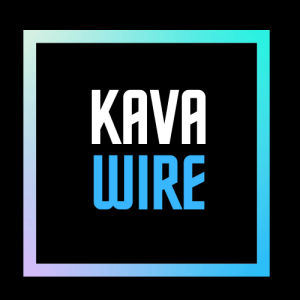AI Tokens Show Enduring Potential Beyond Trends
Artificial Intelligence (AI) tokens are poised for long-term stability, distinguishing themselves from ephemeral trends like non-fungible tokens (NFTs), according to Scott Stuart, co-founder of Kava Labs, in a recent discussion with CoinDesk. Stuart noted that the initial excitement surrounding AI was marred by projects such as Fetch, which promised significant advancements but ultimately delivered disappointing results, and others like Virtuals and AI16z that saw substantial drops in value after initial success. “We experienced an initial wave of AI enthusiasm that quickly turned sour,” he stated.
Market Performance of AI Tokens
Recent market analysis indicates a sharp decline in the value of various AI-related tokens since the beginning of the year. For instance, the token associated with Virtuals Protocol has plummeted nearly 85%, while Fetch.ai’s FET token has experienced a 60% decrease. In contrast, KAVA has shown relative resilience, with only a 5% decline, outperforming the broader CoinDesk 20 market index, which has dropped by 29%. Kava originally focused on decentralized finance (DeFi) but has shifted towards decentralized AI to stand out amid a contracting crypto market.
Kava’s Strategic Shift to AI
Kava’s transition to an AI-focused platform has led to the creation of its Kava AI platform and marketplace, which includes a blockchain-based chatbot similar to ChatGPT, utilizing DeepSeek’s R1 large language model. Additionally, Kava introduced an autonomous AI agent named Oros and established decentralized GPU infrastructure. Stuart emphasized that this strategic shift was crucial, as altcoins without a strong narrative face increasing difficulties; thus, the clear value proposition of decentralized AI is vital.
Decentralized AI vs. Speculative Trends
Stuart pointed out that unlike speculative trends like NFTs, which can be seen as fleeting fads built on hype, decentralized AI offers genuine utility that contributes to its robustness. He remarked, “NFTs are essentially memes upon memes, and anything related to them will follow the cycles of hype and speculation.”
Building a Transparent AI Infrastructure
Kava Labs is developing a decentralized AI framework that prioritizes auditability, transparency, and open-source principles. The company’s performance amid market fluctuations suggests they are on the right track. Stuart elaborated on AI technology, explaining that it represents a new way for corporations to deliver information to users, but proprietary systems like those from OpenAI can manipulate models in ways that are not transparent to the end-user.
The Risks of Closed-Source AI
He raised concerns about the implications of closed-source AI, warning that it could be adjusted for various interests without transparency. Stuart’s worries are echoed by Simon Kim, CEO of Hashed, who previously described closed-source AI as creating a ‘God’ machine—powerful yet opaque. In contrast, Kava Labs champions an “open-weight” philosophy, enabling public verification of AI model parameters, akin to Ethereum’s visible smart contracts.
Opportunities in AI Regulation and Infrastructure
Stuart acknowledges the growing recognition of AI transparency as a critical interest by regulators, presenting a chance to establish a decentralized AI framework that is verifiably ‘made in the U.S.A.’ and supported by open-source funding initiatives. He noted a shift in governmental policy that is moving away from offshoring, which could bolster domestic infrastructure in the AI sector.
The Vision for Decentralized AI
Stuart concluded with a vision for the future of AI that is not dominated by corporations but is instead characterized by openness, transparency, and decentralization. Kava aims to spearhead this transformative journey in the AI landscape.

